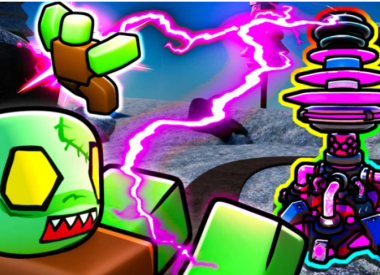Review bombing, when fans decide en masse to start trashing a game by bombarding the User Reviews with negative scores and comments,has become a bit of a trend on Steam over the last few months. So now Valve is looking to combat the procedure by adding a quick look at a game’s review history. This information comes from a blog post from Valve’s Alden Kroll.
Notable instances for review bombing happened when GTA 5 removed modding capabilities and, more recently, when Firewatch developer Campo Santo issued a DMCA takedown notice to YouTuber PewDiePie for saying racial slurs during his streams.
However, aren’t players that give games negative reviews simply voicing their concerns to a game’s developer? Yes and no, according to Kroll.
“On the one hand, the players doing the bombing are fulfilling the goal of User Reviews - they're voicing their opinion as to why other people shouldn't buy the game,” wrote Kroll in the post. “But one thing we've noticed is that the issue players are concerned about can often be outside the game itself. It might be that they're unhappy with something the developer has said online, or about choices the developer has made in the Steam version of their game relative to other platforms, or simply that they don't like the developer's political convictions. Many of these out-of-game issues aren't very relevant when it comes to the value of the game itself, but some of them are real reasons why a player may be unhappy with their purchase.”
A few suggestions for how to combat review bombing were offered in the post, like locking a game’s review capabilities if abnormal activity was recognized or removing the ability for users to assign scores to their reviews totally. However, Valve ultimately decided limiting user voices was a bad idea, especially if users are complaining for legitimate reasons.

Enter the new histograms found with every game’s review. These graphs show the positive and negative reviews posted over time, giving players a look at what people thought of a game when it released, how it was received after any updates, and if any major changes occurred to make people happier or more upset with their purchase.
“As a potential purchaser, it's easy to spot temporary distortions in the reviews, to investigate why that distortion occurred, and decide for yourself whether it's something you care about,” said Kroll. “This approach has the advantage of never preventing anyone from submitting a review, but does require slightly more effort on the part of potential purchasers.”
This effort to combat review bombing will also highlight games that have improved over time. This will ultimately help gamers find experiences that continue to offer fun after launch.
“One subtlety [about game scores] that's not obvious at first is that most games slowly trend downwards over time, even if they haven't changed in any way. We think this makes sense when you realize that, generally speaking, earlier purchasers of a game are more likely to enjoy it than later purchasers,” wrote Kroll. “In the pool of players who are interested in a game, the ones who are more confident that they'll like the game will buy it first, so as time goes on the potential purchasers left are less and less certain that they'll like the game. So if you see a game's reviews trending up over time, it may be an even more powerful statement about the quality of work its developers are doing.”
The post ends saying this is a new feature and things may get changed around at a later point. Valve will also continue to look at user reviews and see if there’s anything else about the process that can make it more helpful for everyone.
So what do you think? Are you happy to see Valve offering users more tools to learn about games before purchasing them? What other new features or tools would you like to see added to Steam? Let us know your thoughts in the comments section below.


















